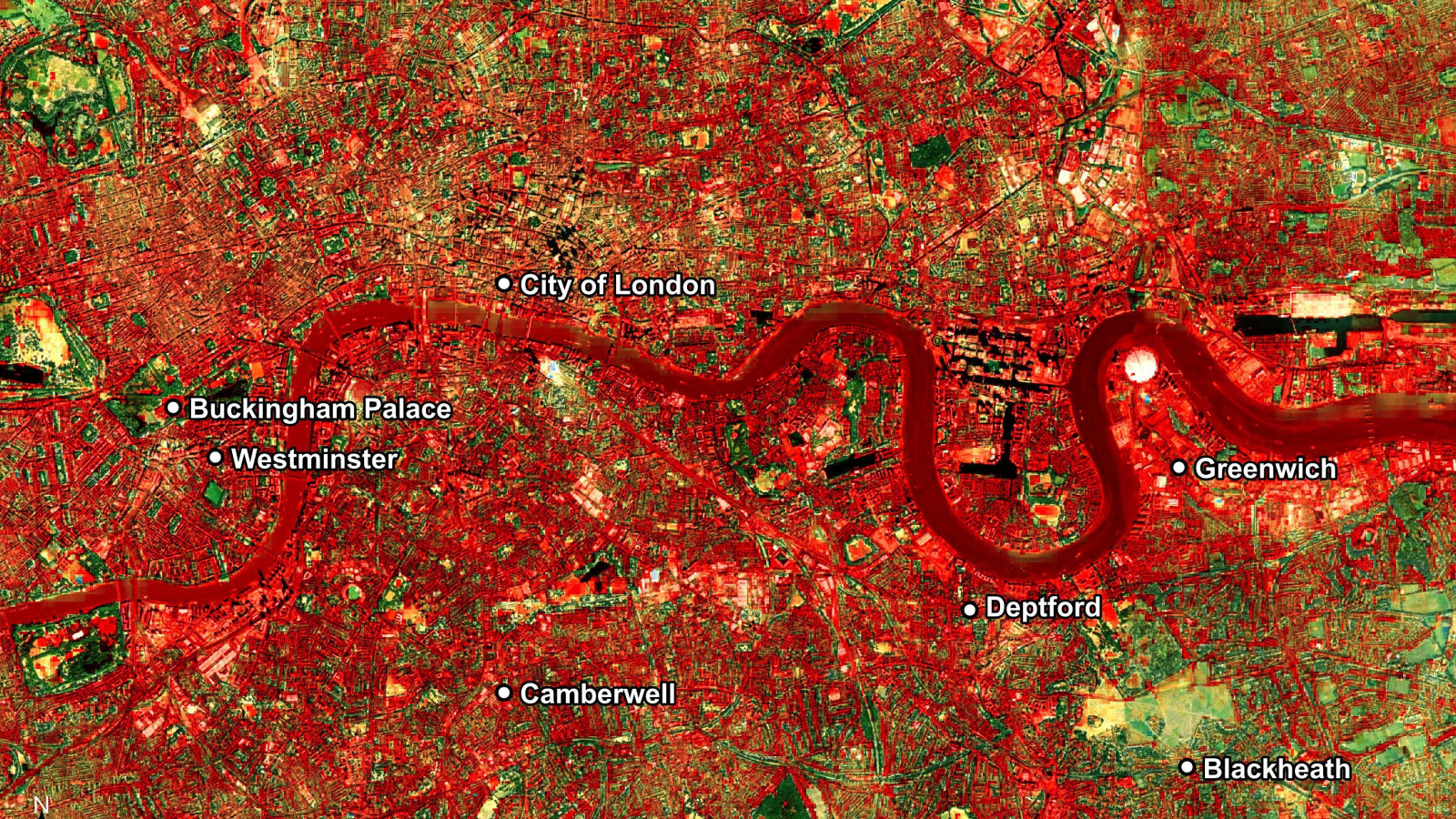Land, Vol. 12, Pages 650: Community-Based Approach for Climate Resilience and COVID-19: Case Study of a Climate Village (Kampung Iklim) in Balikpapan, Indonesia
Land doi: 10.3390/land12030650
Authors: Ariyaningsih Rajib Shaw
COVID-19 and climate change are widely recognized to negatively impact communities in developing countries. Like several other developing countries, Indonesia also dealt with climatic hazards such as flooding and landslides during the COVID-19 pandemic. Furthermore, after the Paris Agreement was signed, the government launched a “Climate Village” program or Kampung Iklim (ProKlim) to enhance community contribution in addressing climatic hazard impacts. Yet, numerous studies have researched integrating COVID-19 and climate change impacts, which calls for a concept of community resilience. To bridge this gap, the objective of this research is to understand and measure the local adaptation and mitigation activities in ProKlim through the smart village concept. Methodological literature review, situation analysis through interviews, and field observations are applied in this study. This research used five indicators to measure the current situation of the Climate Village, which are: resilience, mobility, community, perspectives and digitalization. The findings reveal that the implementation of smart villages in ProKlim is still in its preliminary stages and must seek innovation and system integration from smart cities and smart communities. This research also suggests feasible strategies to build community resilience: (i) collaborative governance in the Climate Village program implementation, (ii) promoting the Climate Village program to other sectors for ICT, and (iii) strengthening community participation in implementing the smart village concept.

 1 year ago
37
1 year ago
37


